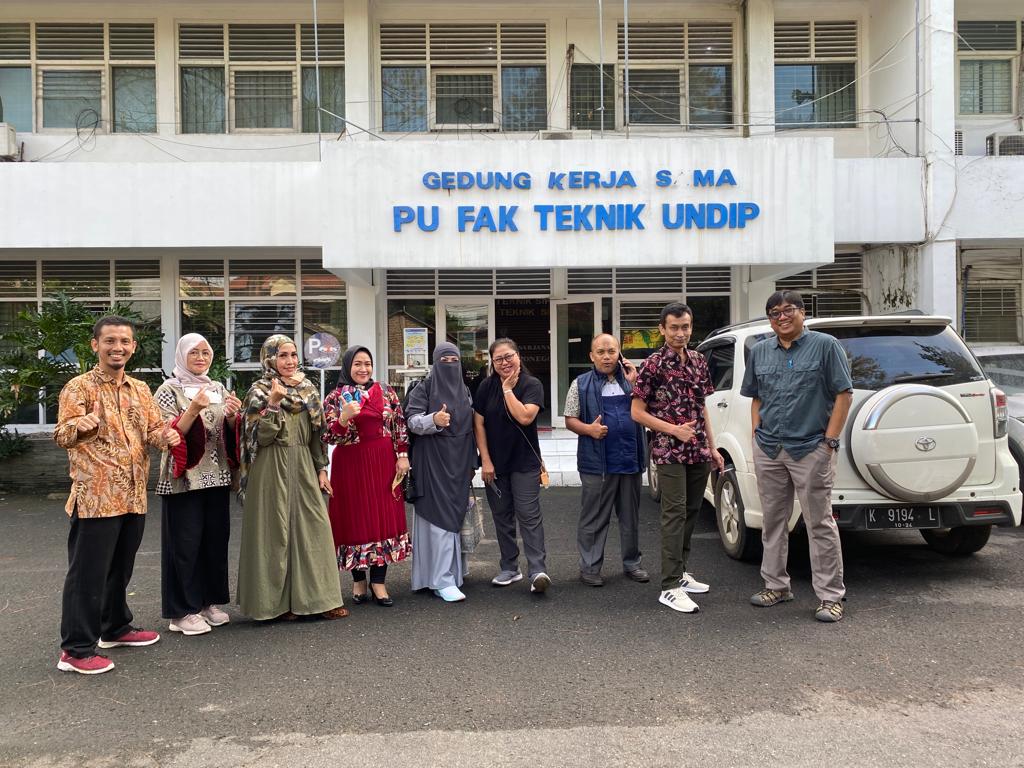Profil
History
The changing world is now entering the era of the industrial revolution 4.0 or the fourth world industrial revolution where information technology has become the basis of human life. Everything becomes borderless with the use of unlimited computing power and data, because it is influenced by the development of the internet and massive digital technology as the backbone of the movement and connectivity of humans and machines. This era will also disrupt various human activities, including the fields of science and technology (science and technology) and higher education.
Universities are required to produce graduates who have the ability to adapt to changes that are increasingly occurring. These abilities include the ability to solve increasingly complex problems, think critically, creatively, be able to become a good manager, and have good coordination skills. College graduates are also expected to have good emotional intelligence, the ability to judge and decide appropriately, service oriented, reliable in negotiations and flexible cognitive power.
In the field of civil engineering, rapid developments in the industrial world require an increase in human resources (SDI) who are able to follow, understand, and apply the development of science, skills, and creative thinking in national development.To anticipate the developments mentioned above, it is necessary to develop a Strata 3 Education (S3) Doctoral Study Program in Civil Engineering, Faculty of Engineering, Diponegoro University which equips its graduates to be able to adapt to the demands that are developing at this time and in the future, namely being able to innovate, discover, develop , and application by synthesizing from various sciences to civil engineering in responding to the needs of national development.
In accordance with the vision and mission of Diponegoro University, the Doctoral Study Program in Civil Engineering at Diponegoro University provides education in various dissertation research studies, namely:
- Geotechnical
- Construction Management
- Transportation
- Structure
- Water Resources

